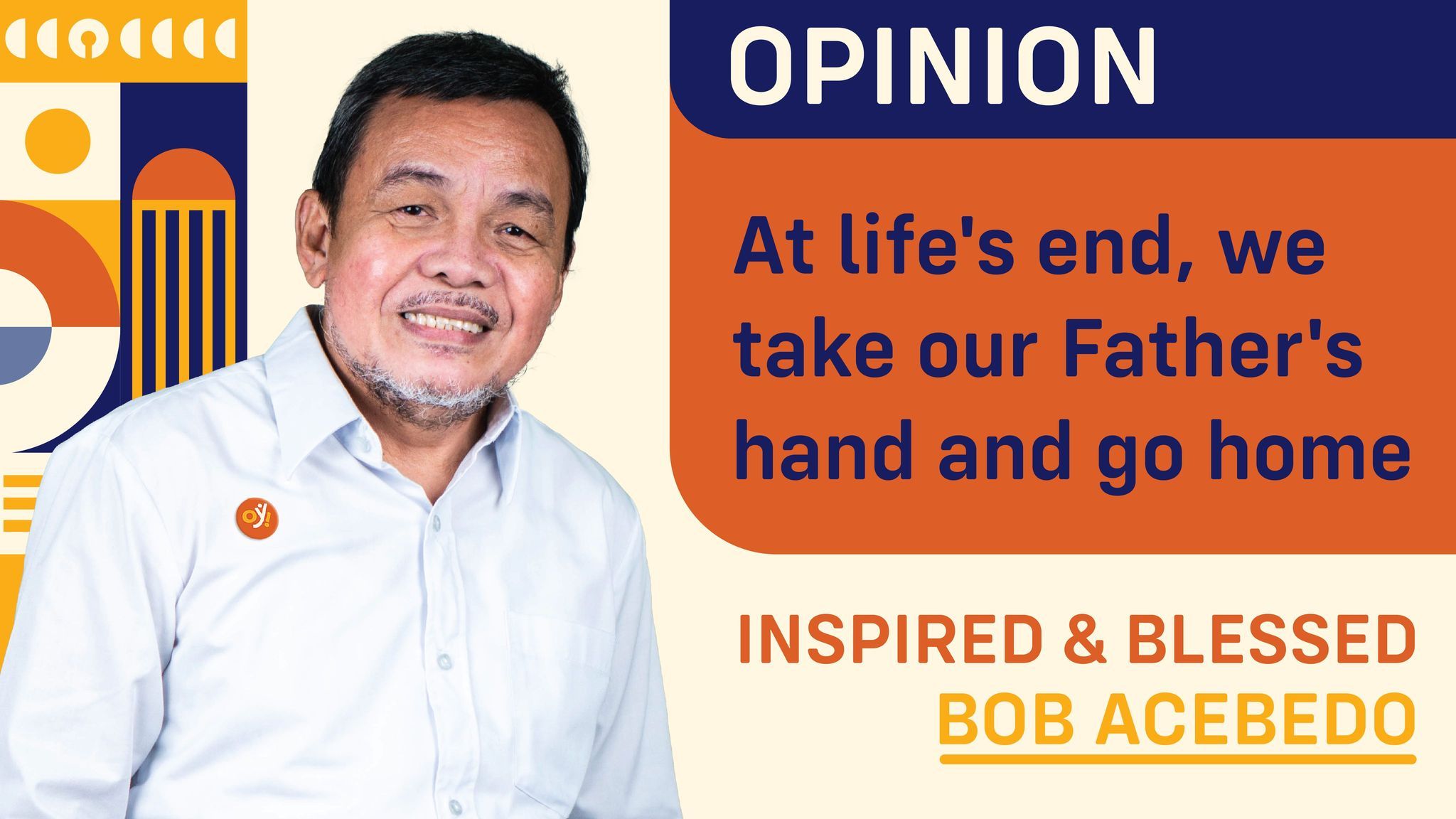From the internet, I came across this beautiful story:
On a warm summer at a beautiful beach, a little boy on his knees scoops and packs the sand with plastic shovels into a bucket. He upends the bucket on the surface and lifts it. And, to the delight of the little architect, a castle tower is created. He works all afternoon spooning out the moat, packing the walls, and building sentries with bottle tops and bridges with Popsicle sticks. Finally, with his hours of hard work on the beach, a sandcastle will be made.
Simultaneously, in a big city with busy streets and rumbling traffic, a man works in an office. He shuffles papers into stacks, delegates assignments, cradles the phone on his shoulder and punches the keyboard with his fingers. He juggles with numbers, contracts get signed and much to the delight of the man, a profit is made. All his life, he will work. He is formulating the plans and forecasting the future. His annuities will be sentries, and Capital gains will be bridged. An empire will be built.
The two builders of the two castles have very much in common. They both shape granules into grandeurs. They both make something beautiful out of nothing. They both are very diligent and determined to build their world. And for both, the tide will rise, and the end will come. Yet, that is where the similarities cease.
The little boy sees the end of his castle while the man ignores it. As the dusk approaches and the waves near, the child jumps to his feet and begins to clap as the waves wash away his masterpiece. There is no sorrow. No fear. No regret. He is not surprised; he knew this would happen. He smiles, picks up his tools and takes his father’s hand, and goes home.
The man in his sophisticated office is not very wise like the child. As the wave of years collapses on his empire, he is terrified. He hovers over the sandy monument to protect it. He tries to block the waves with the walls he made. He snarls at the incoming tide. “It’s my castle,” he defies. But, all the same, the waves snap up his sandy empire. END OF STORY.
Tellingly, what insights or profound lesson could we draw from the story? I have three things in mind.
One, whatever we have bought, acquired, built, or achieved in life – or howbeit the highs and lows in our life – the certainty of death is plainly inevitable. As oft been said, “death is the ultimate equalizer.”
I find the following lines I came across on the social media truly spot on:
“We all have highs and lows in life, and no one is better than anyone else. No matter how big your house is, how new your car is, or how much money sits in your bank account – we all bleed red and will eventually fade from this earth. Death has no discrimination and neither should your life.”
Faced then with the stark realization of our mortal equality, it behooves for us, thus, to take the path of humility and kindness than of haughtiness and greed; of serving, giving, and loving than of getting and exploiting others; of value and significance than just of success.
Two, wealth, fame, power, “positions and possessions,” and bodily health are all temporal and evanescent. Hence, it is imperative for us to cling to the things that are eternal rather than those that are passing, to the “essentials” that make life matter, and to the ultimate values of goodness, truth, and love.
After all, to paraphrase what St. Teresa of Calcutta said, “at life’s end, what matters most is not how much we have acquired, attained or achieved, but rather how much we have loved.”
Three, from the story, I’m awe-struck with how the little boy reacts when the waves come and wash away his sandcastle: he claps, applauds, smiles, and takes his father’s hand and goes home!
Could this be our attitude when death comes? Are we ready to let go of the “high and low tides” of life and happily or peacefully take the Almighty Father’s hand and go home?
Or, when the Supreme Teacher tells us to “pass our test papers – finished or unfinished,” are we ready to submit our papers and confident that we have answered fully well our life-test?
Sarah Coakley, professor of divinity at Cambridge, said it right: “As a believer, I finally find that it is in the silent waiting on God, the ultimate transcendent reality, that impinges on me. It’s a kind of rehearsal for the moment when I finally have to give over control, which will be the moment when I die; because once we’re no longer afraid of death, then we’re no longer afraid of life.”
Thus, at life’s end, we can readily say, “Ego ecce Domino quia vocasti me (Here I am Lord, for thou hast called me),” take our Father’s hand and go home.
#InspiredAndBlessed #BobAcebedo #AtLife'sEnd #Home #SarahCoakley #Father'sHand #OpinYonColumn #OpinYon #WeTakeAStand
